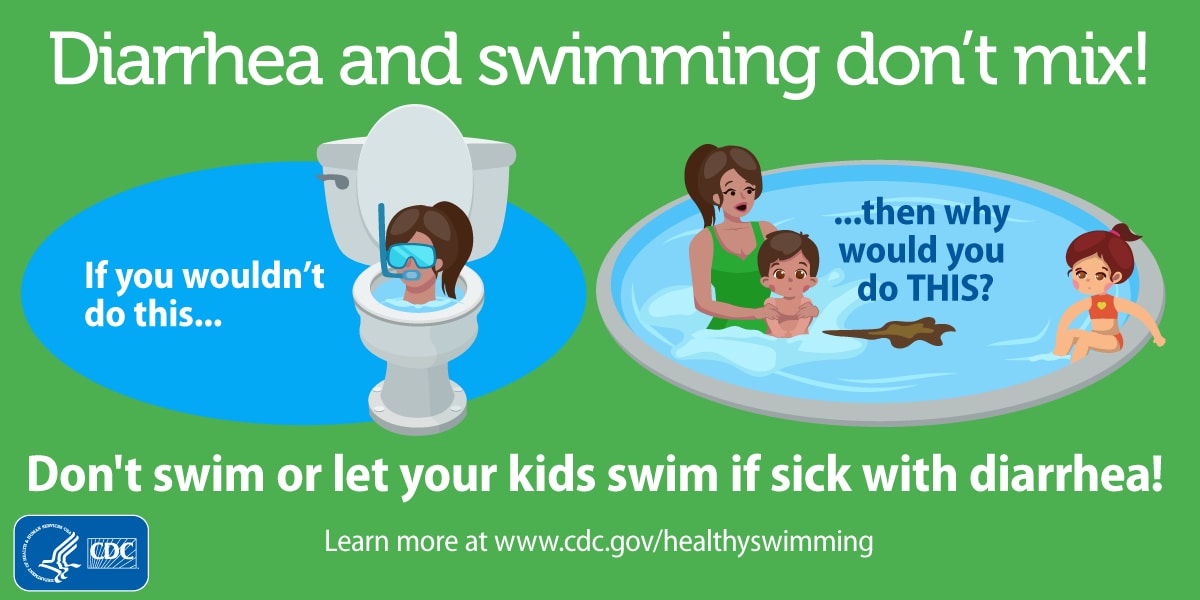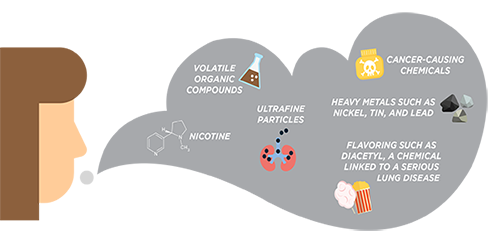Public Drinking Water | Well Water Testing | Swimming Pools | Cynaobacteria Harmful Algal Blooms | Air Quality
Water Quality
Public Drinking Water Monitoring
Environmental Health Specialists regulate small public drinking water systems. A public water system is any system that provides water to the public, if has at least fifteen (15) service connections, or regularly serves at least twenty-five (25) people. For more information contact the Drinking Water Coordinator at (208) 737-5913 or call your local South Central Public Health District office.
Public Water System Switchboard
Well Water Testing
South Central Public Health District does not test private well water, but we can provide you with the tools to have your water tested for bacteria, nitrates, and nitrites. For free sample collection bottles and technical assistance, contact your local public health office. Note: labs that test these samples will charge their own fees.
The Private Well Class: Free Online Training for Homeowners with Water Wells
Swimming Pools

Environmental Health Specialists review plans for new and remodeled pools. South Central Public Health District employees also provide consultations and annual inspection services for public swimming pools. The Public Health District does not inspect private swimming pools (including hotels) unless there is a public health concern.
Staying healthy in the water: chlorine and other disinfectants are a great way
to kill germs in swimming pools. However, they can only do so much. Please keep your family at home for two weeks after any diarrhea or gastrointestinal bugs to prevent spreading the disease to other swimmers.
Learn more here.
Cyanobacterial Algal Blooms (formerly known as Harmful Algal Blooms or HABs)

Algae are tiny organisms that are found in water. Most types of algae are beneficial; they produce oxygen and food
for animals that live in water. However, when conditions are favorable (such as an increase in water temperature
and available nutrients) algae can produce algal blooms. If the algal bloom contains cyanobacteria the water can
become toxic to humans, pets, fish, birds, and other animals.
The Department of Environmental Quality tests for cyanobacteria, and South Central Public Health District helps to
inform the public when a local body of water tests positive for the bacteria. South Central Public Health District
does not do any of the testing for local lakes or reservoirs.
Learn more about Cyanobacterial Blooms and check for active blooms here.
HAB fact sheet.
Air Quality
Indoor Air Quality
Environmental Health Specialists are happy to provide information on a variety of indoor air contaminants that are asthma triggers and environmental health hazards. However, the health district does not have any jurisdiction to test for or treat contaminants. Keep in mind your lung's job is to bring oxygen to the rest of your body. Any kind of toxin that is introduced to the air and inhaled could potentially be harmful to your lungs and the rest of your body.

Contaniments and potentially toxic situations to avoid:
Secondhand Cigarette or Cigar Smoke
Outdoor Air Quality
Polluted air, from smoke or vehicle and building emissions, can also harm your lungs. Check the lastest airquality forecast here. Learn more about protecting yourself from wildfire smoke here, and from other air pollutants here.
